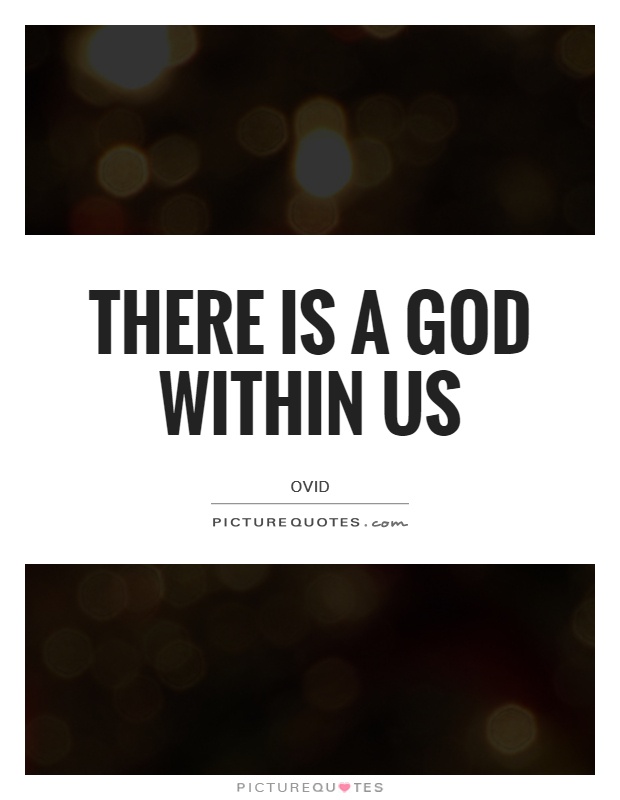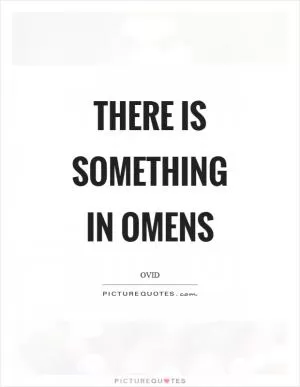There is a God within us

There is a God within us
In Ovid's Metamorphoses, the idea of a divine presence within humanity is a recurring theme that is explored through various myths and stories. Ovid presents the concept that there is a God within us, suggesting that each individual possesses a spark of divinity that connects them to the divine realm.One of the most prominent examples of this idea can be seen in the story of Pygmalion, a sculptor who falls in love with his own creation, a statue of a woman named Galatea. In this myth, Pygmalion's love for his creation is so strong that it brings her to life, transforming her from an inanimate object into a living being. This transformation is often interpreted as a metaphor for the power of human creativity and the ability of individuals to imbue their creations with a sense of life and vitality.
Another example of the presence of a God within us can be found in the story of Narcissus, a beautiful youth who falls in love with his own reflection. Narcissus becomes so enamored with his own image that he is unable to tear himself away from it, ultimately leading to his own demise. This myth is often interpreted as a cautionary tale about the dangers of excessive self-love and vanity, highlighting the importance of recognizing and valuing the divine spark within ourselves and others.
Throughout Metamorphoses, Ovid explores the complex relationship between humanity and divinity, suggesting that the two are intimately connected and intertwined. The idea that there is a God within us serves as a reminder of the inherent potential for greatness and transcendence that exists within each individual. By recognizing and nurturing this divine spark, individuals can tap into their own inner power and creativity, ultimately leading to personal growth and transformation.
Overall, Ovid's exploration of the concept that there is a God within us serves as a powerful reminder of the interconnectedness of humanity and the divine. Through his myths and stories, Ovid encourages readers to embrace their own divinity and to recognize the inherent potential for greatness that lies within each individual.












 Friendship Quotes
Friendship Quotes Love Quotes
Love Quotes Life Quotes
Life Quotes Funny Quotes
Funny Quotes Motivational Quotes
Motivational Quotes Inspirational Quotes
Inspirational Quotes